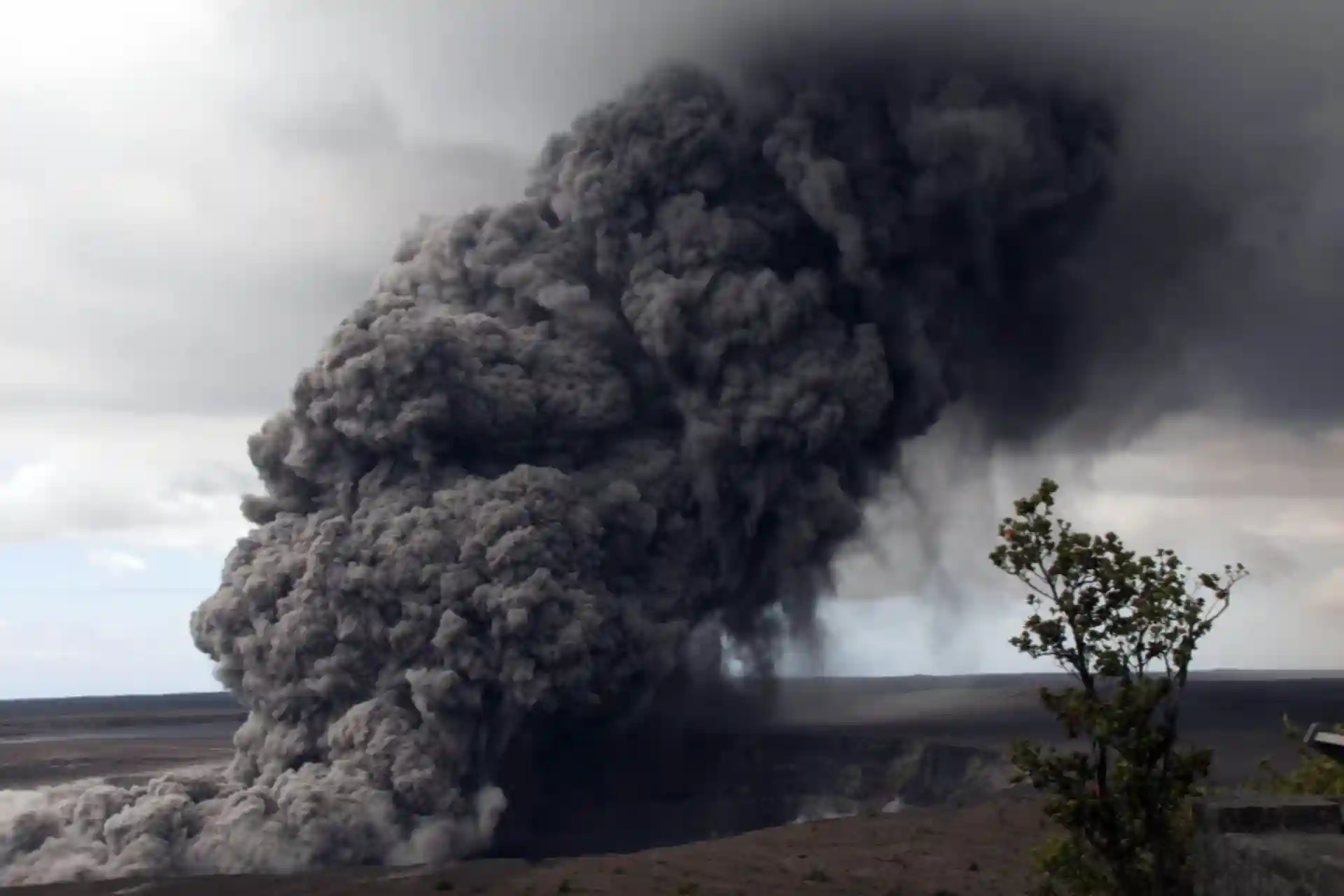A record-warm temperature was recorded at the level of the oceans
The average daily temperature of the oceans has risen to a record high. The increase in temperature, which was previously observed in 20 years, was recorded in 2023 itself. The work of sea water is the reason for the change of the underwater ecosystem, the emergence of strong tropical storms.
The global ocean surface temperature increased by an average of 0.25 degrees Celsius in 2023 compared to 2022. To understand the change : before such an increase was observed in about twenty years. Professor Gregory Johnson, an employee of the National Oceanographic Center of Great Britain (NOAA), informed about this.
According to him, the increase in water temperature caused the migration of some species in the sea to the poles.
According to the Climate Reanalyzer website of the University of Maine in the US and NOAA data, the average daily sea surface temperature on Wednesday, March 13, was 21.2 degrees, setting a record. The previous highest temperature was 21.1 degrees in August last year.
February was the second warmest winter on record, affecting sea surface temperatures, according to a report by the European Union's Copernicus climate change monitoring agency.
The global average sea surface temperature in February was 21.06 degrees, and the daytime sea surface temperature was 21.09 degrees at the end of the month.
The highest water temperature was recorded in the Atlantic Ocean and the central Pacific Ocean, the Indian Ocean, the Mediterranean and Black Sea basins, the Red Sea and the Persian Gulf.
Professor Johnson told Anadolu Agency that ocean water is now an average of 1 degree warmer than it was before the industrial revolution, and that climate change is the main driver of extreme temperatures.
According to him, the increase in the temperature of the surface waters of the oceans reached a record level in 2023.
"I think the sea surface temperature will increase by 0.25 degrees in 2023 compared to 2022. To put the scale into perspective: previously, such growth had lasted about two decades. Although there are changes from year to year due to El Nino and La Nino weather patterns, this one was still one of the biggest jumps in history. On the other hand, it is too early to say that the temperature will always be like this, " said the professor.
Johnson cited the use of diesel fuel in shipping and natural events such as volcanic eruptions, such as the January 2022 eruption of Hunga Tonga's Hunga Hapai volcano , as contributing factors to the rise in ocean surface temperatures.
"This volcano released a huge amount of water vapor into the atmosphere. Of course, this is a small factor, but still , it can have a potential impact , " he said.
As a result of the weakening of the winds blowing in the oceans, the inability of water on the surface of the ocean to mix with depth can also cause an increase in the temperature of the surface waters, the interlocutor of the agency noted.
N OAA has been using advanced technology for 20 years to measure water temperatures at a depth of about two kilometers, he said.
"These data show us that not only the surface oceans are warming, but also the deep oceans. Even the waters around Antarctica, which are quite cold and known to absorb heat from the oceans, have warmed," he added.
Johnson pointed out that the increase in temperature on the surface of the oceans is causing changes in their ecosystem.
"Due to the increase in water temperature on the Earth's surface, some species of creatures in the ocean are moving towards the poles, while others are moving towards the depths. The situation is different for organisms that cannot change location, such as coral reefs. We are seeing significant darkening of coral reefs, which are vital to the entire ecosystem. " The heat also increases the amount of harmful algae like red tide, " he said.
According to the professor, species of seabirds and mammals are dying due to warming. "As a result of high temperatures on the surface of the ocean not being able to mix with depth, a layer was formed on the surface of the earth. "Thanks to this layer, nutrients necessary for plankton at the bottom of the ocean cannot rise up, and oxygen from the surface does not sink to the depths," said the professor.
According to him, the amount of oxygen necessary for organisms at the bottom of the ocean is also decreasing.
"These animals are trying to come to the surface to meet their oxygen needs, but unfortunately the water above is too warm for them," he said.
These changes in the ocean are having a negative impact on the fisheries that thousands of people depend on for their livelihoods, Johnson said.
Additionally, heat from the surface of the tropical oceans creates the energy needed to fuel stronger storms, creating more intense and destructive storms.



